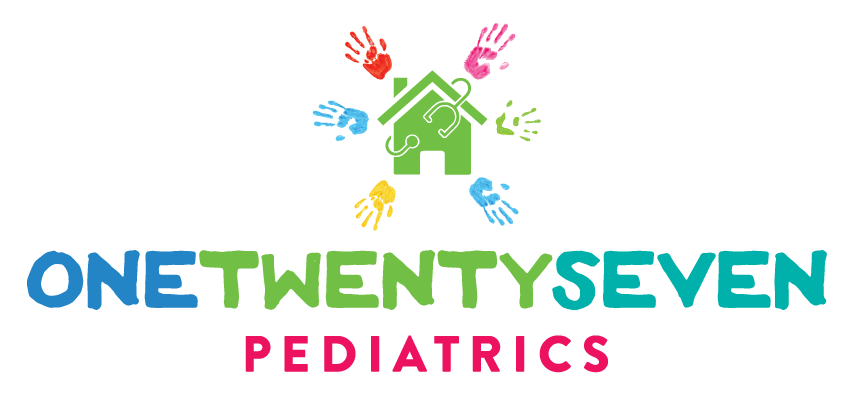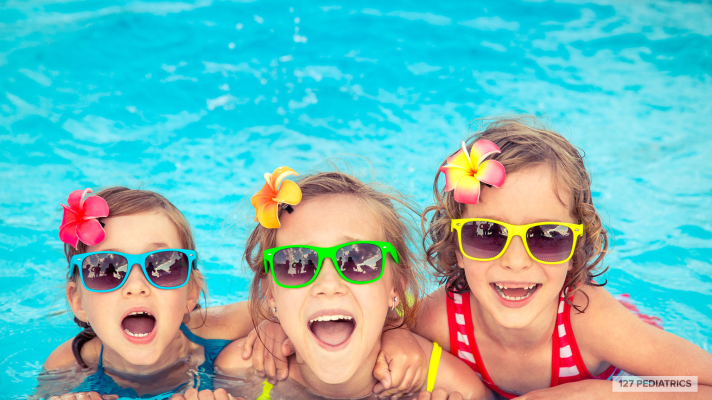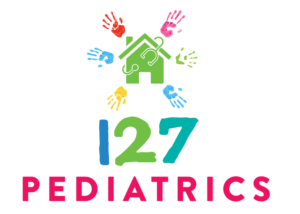Summer is almost here, but in Texas, we have the “luxury” of hot weather well before the season arrives.
These months offer a time for fun, relaxation, and spending time with family and friends.
For many people, that means spending time in the pool.
As a pediatrician in Colleyville, Texas, I have seen and heard about plenty of children injured in pool accidents.
So whether you have a pool at home or if your plans are to frequent the public pool or waterpark, I want to share some important pool safety tips with you to consider ahead of time.
What are Common Pool Dangers?
When we’re kids, we don’t always think about the dangers of being around water. We’re just excited to have fun and cool off in the pool. But it’s important to remember that even the most innocent-looking activities can be dangerous if we’re not careful.
Here are a few examples of things that can happen if we’re not careful around the pool:
- Drowning: This is the most serious danger of all. Drowning can happen in seconds, even if you know how to swim. That’s why it’s so important to always have an adult present when children are in the pool.
- Head injuries: When we’re playing in the pool, we can easily slip and fall and hit our heads on the concrete. This can cause serious injuries, including concussions and brain damage.
- Stomach cramps: When we’re swimming, we can swallow a lot of pool water. This can cause stomach cramps and diarrhea.
- Ear infections: Pool water can get into our ears and cause infections.
- Sunburn: The sun’s rays are especially strong near the pool, so it’s important to wear sunscreen when you’re swimming.
These are just a few of the dangers of being around water. That’s why it’s important to always follow pool safety rules. Here are a few of the most important rules:
Tips and Precautions
Do you remember how annoying it was when our parents or lifeguards would yell at us to be careful around the pool? Well, fast-forward many years and we know they were just trying to keep us safe.
Please keep that in mind as most of the tips and precautions I have to share may remind you of that lifeguard whistle.
Most of this is common sense.
However, when fun takes priority, sometimes common sense and safety gets thrown out of the pool.
With that said, I offer these important pool safety tips:
- Always supervise children around water. This may seem like a no-brainer, but it’s important to remember that even the best swimmers can drown in seconds. Never leave children unattended around water, even for a moment.
- Install a fence around your pool. A fence is the best way to keep children out of the pool when you’re not around. Make sure the fence is at least four feet high and has self-closing gates.
- Keep pool chemicals out of reach of children. Pool chemicals can be dangerous if ingested. Store them in a locked cabinet or outbuilding.
- Teach children how to swim. Swimming lessons are a great way to teach children how to stay safe in and around water.
- Learn CPR and first aid. In the event of an accident, knowing CPR and first aid can save a life.
- Have a plan in place in case of an emergency. Know where the nearest phone is and who to call in case of an accident.
Additional Things to Be Aware Of
In addition to the above tips, there are a few other things to be aware of when it comes to pool safety:
- Don’t let children swim alone. Always have an adult present when children are in the pool.
- Don’t drink alcohol or take drugs while supervising children in the pool. These substances can impair your judgment and make it more difficult to supervise children safely.
- Be aware of the dangers of carbon monoxide poisoning. Pool pumps can produce carbon monoxide, which can be deadly. Make sure the pool pump is properly ventilated.
- Keep toys and other objects out of the pool. These objects can create hazards, such as tripping hazards or choking hazards. Additionally, they can lure unsupervised children into the pool.
- Clean the pool regularly. A dirty pool can harbor bacteria and other harmful organisms.
Keep Your Cool this Summer
By taking some precautions, you can help ensure a safe and enjoyable summer for your family.
Remember, water safety is everyone’s responsibility at the pool. Make sure to take the time to learn about pool safety and put these tips into practice.
Here are some additional resources that you may find helpful:
- The American Red Cross: The American Red Cross offers a variety of water safety programs, including swimming lessons, CPR training, and first aid training.
- The Centers for Disease Control and Prevention (CDC): The CDC has a number of resources on its website about pool safety, including information on how to prevent drowning and how to clean and maintain pools.
- The National Swimming Pool Foundation: The National Swimming Pool Foundation is a non-profit organization that provides information and resources about swimming pools and water safety.
Also, if you are looking for a pediatrician that has the time to listen to you and provide personalized care for your kids at home, give us a call.
Enjoy the water!
© 127 Pediatrics; June 2023
This article is for informational purposes only and should not be construed as medical advice.

Dr. Andrea Wadley is the owner, pediatrician, and breastfeeding medicine specialist for 127 Pediatrics. She has an established house-calls-only concierge pediatric practice in Colleyville, TX. She is also the owner and operator of the 127 Pediatrics Online Breastfeeding Medicine and Education Center.


